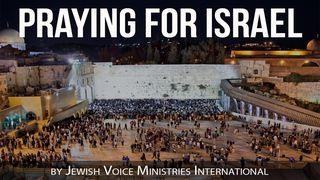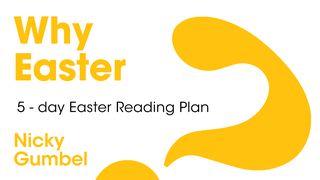30 Days in the PsalmsSýnishorn

Day #20: Psalm 93
Psalm 93 opens a series of psalms known together as Adonai malakh, “The Lord reigns.” It’s important to remember that Israel sang these songs while in exile, when it appeared that they were firmly under the thumb of Babylon’s kings. It’s strategic, then, that the first declaration of the Lord’s kingship is made in the third person; perhaps these words were lifted up to a Babylonian audience as a defiant counter narrative: “The Lord is king, he is robed in majesty; the Lord is robed, he is girded with strength. He has established the world; it shall never be moved” (v. 1, NRSV). Then the worshipers address God directly: “Your throne is established from of old; you are from everlasting” (v. 2).
The portrait of the great King is framed with references to his majesty. “The Lord is king, he is robed in majesty” (v. 1) and “more majestic than the thunders of mighty waters, more majestic than the waves of the sea, majestic on high is the Lord!” (v. 4). We hear a strong echo of Psalm 8’s cry: “How majestic is your name in all the earth!” Two different Hebrew words are used for “majesty” and “majestic” in these verses, but both of them refer to something that is lifted up with force and visibility, like crashing waves, torrents of water, or smoke from a blazing fire. While fires and floods can destroy and destabilize in their “majesty,” the Lord’s majestic throne is established—solid, sure, immovable. In Israel’s imagination, uncontrollable waters—floods, overflowing rivers, the ocean depths—were sources of anxiety, places where dark dangers lurked. But this psalm lifts up the Lord as far greater than any floods; the roaring and thundering of waters pales to mere background noise before the majesty of Israel’s God. Israel’s collective memory of God’s faithfulness includes his rescue of his people from deep and threatening waters (safe crossings of the Red Sea and the Jordan River), so his magnificent majesty is not just theory but part of their experience as a people.
This prayer of praise makes a turn at the very end (v. 5). As the people stand in the presence of the majestic God, secure in his firmly established kingdom, they praise him for two key aspects of being in relationship with him. First, they declare that his decrees are very sure and, therefore, worthy of confidence. What this great King has declared to be true is surely true! What he has asked of his people is surely good and trustworthy! Second, they affirm that holiness is the enduring characteristic of their King’s rule: “Your reign, O Lord, is holy forever and ever” (NLT). A people in relationship with this Holy One will be a people in pursuit of holiness!
Today is a good day to declare that the Lord is King and to worship him in his holiness!
Ritningin
About this Plan

Most of Scripture is God’s Word to human beings, but the Book of Psalms records human speech to God. These prayers and songs demonstrate the determination of people of faith to remain connected to God, regardless of their circumstances. Confession, lament, pleading, thanksgiving, praise—all the elements of our communication with God are present. The 150 Psalms in the collection are divided into 5 “books.” During these 30 days, we’ll pray through 6 psalms from each book. Some will be very familiar, others perhaps less so; all will direct our gaze to the God who loves us.
More








